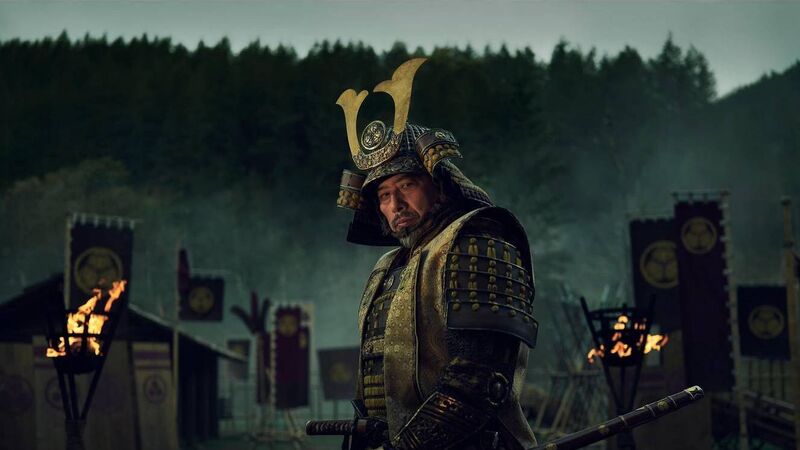Séamas O'Reilly: I was so engrossed in 'Shōgun' that I forgot I don’t speak Japanese

Hiroyuki Sanada as Yoshii Toranaga in Shogun.
I was about 20 minutes into , the new historical epic from Disney+, when I realised something that struck me to my core. Engrossed in the show’s thrilling feudal intrigue and bracing samurai action, I’d become fully subsumed into its richly populated world. So fully, in fact, that I thought nothing of turning to my laptop to see if it was based on real historical events.





